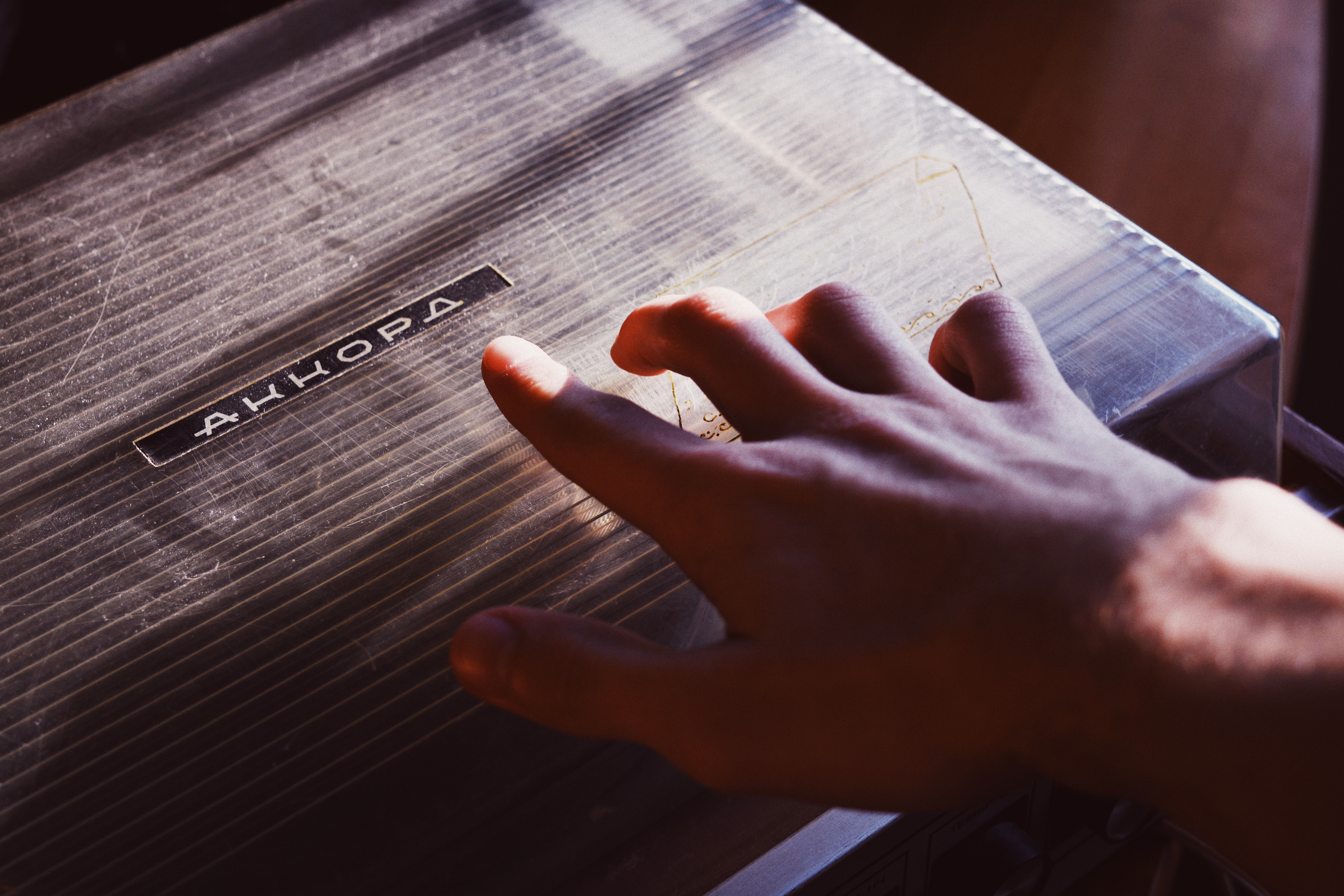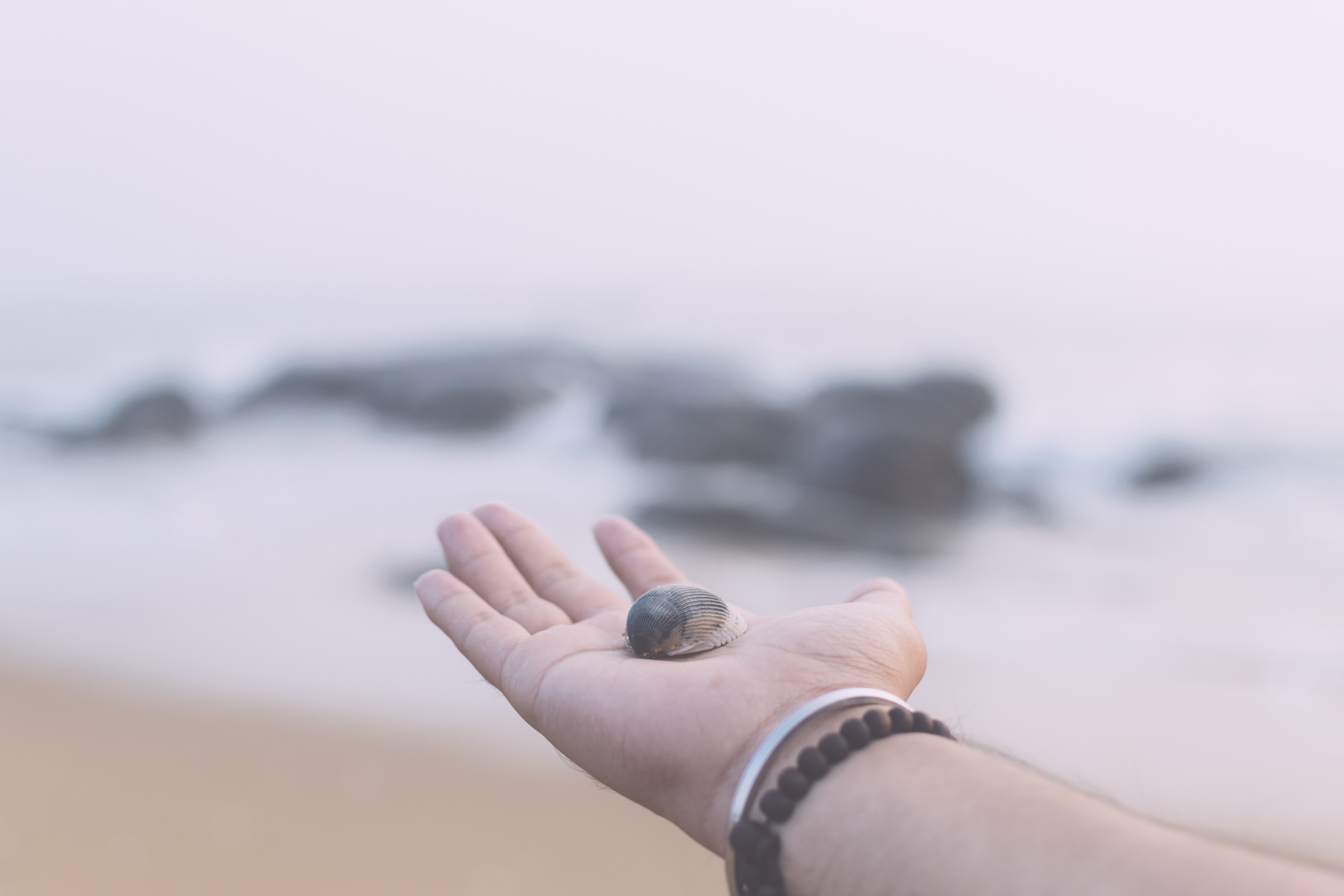
“When I breathe in, I’ll breathe in peace.
When I breathe out, I’ll breathe out love.”
~ Sarah Dan Jones
I’ve been thinking a lot about breathing lately. Maybe it’s the images from the wildfires in California, or maybe it’s that I’ve spent a good chunk of the last week fighting, and finally succumbing to, a cold/sinus/thing that left me feeling like I couldn’t breathe.
Or maybe it’s more basic.
At the salon on November 3rd I climbed a flight of stairs for the first time since having ACL/ALL/Meniscus surgery on my left knee in July. I’ve always had this issue where I “forget” to breathe when climbing stairs or running – yes, I know it’s supposed to be an autonomic function – but for the first time – probably because I was so focused on whether FrankenKnee would function correctly – I wasn’t winded at the top. The distraction of focusing on my recovering joint meant that I wasn’t hyperaware of my breathing to the point where I stopped doing it.
The next day, I had my first private Tai Chi session. I’ve finally finished formal PT, but I have no stamina, and I’m still a bit off balance. I’m using a stationary recumbent bike and weights at home, but I need an external something to be accountable to, or I won’t continue.
The teacher I’ve chosen is a woman who is likely about fifteen years older than I am, slightly younger than my mother. She’s funny and warm, and very real. She’s also a physical therapist and is happy to modify the beginning exercises so we’re using chairs for some of my sessions.
Of course, any practice that involves energy – QiGong, Tai Chi, Yoga – involves breath work. Right now, breathing in through my nose while exercising is a conscious effort, but I know that eventually it won’t be.
As a singer, a lot of the breathing meditation that I was introduced to in that first class was reminiscent of what I learned in my first voice classes – breathing down into the diaphragm, so your belly expands with each inhalation, rather than your lungs – just like a lot of the Tai Chi moves feel similar to beginning ballet.
Movement, it seems, is pretty much movement, no matter how you dress it up.
(One of my other take-aways from my first class was that I seriously need to learn to slow down. But that’s an essay for another place, and another time.)
And breathing… breathing isn’t all the same. There’s meditative breathing, and contemplative sighing. There’s the sharp intake of breath when something surprises you (for good or ill) and the abrupt outflow of air when you express yourself with a hearty “Huh.” There’s the way we choke on breath when we experience sudden cold – that knife to the chest feeling – and the way overheated air makes us feel like there is no air to take in.
But whatever type, whatever kind, whatever alters it, for however long, it’s all breathing.
* * *
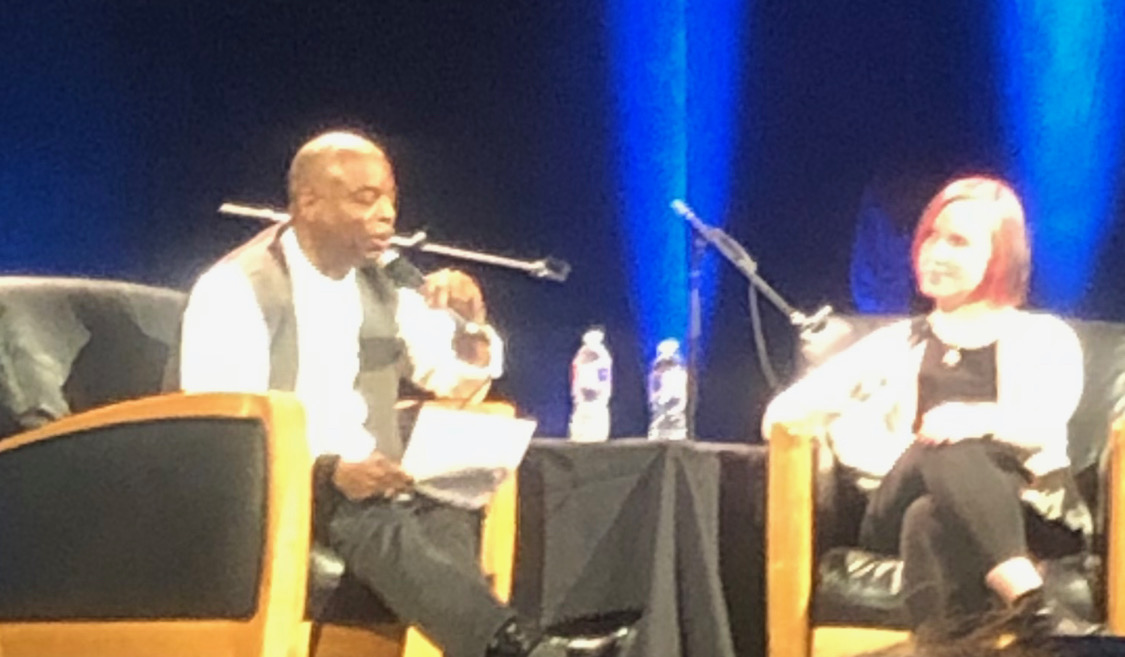
“Reading is like breathing in.
Writing is like breathing out.”
~ Pam Allyn
On Monday night, my husband I went to see LeVar Burton on tour with his podcast LeVar Burton Reads.
As he does in every studio-recorded episode, after he introduced the story, the author, and the accompanying live musician, Burton then said, “Take a deep breath… and begin.”
Of course, because this was a live show, he then interrupted himself to ask if those of us who are regular listeners take that breath with him when we’re alone at home, as we did in his presence, in the theater. And most of us admitted that we did.
Burton then went on to explain that he perceives that breath to be a sort of portal, and I must admit I’m enchanted by that image. To me, it’s always felt like a sort of mental reset button, but I guess the outcome is the same. It’s a change of tone, an alteration of mental place, and a step from the world of the mundane into the world of Story. As Burton also reminded us, the word to inhale is, in Latin, inspire – which, for anyone creative, means more than merely breathing.
After this brief divertissement, he repeated his ritual breath (and yes, we all did it, too) and began to read. The story, by Bonnie Jo Stufflebeam, was a fascinating tale of lost relatives, missing children, and the way we treat memory and loss as a culture, couched in a blend of fantasy and science fiction.
After the reading, there was a question and answer period. As a fan of the podcast, I was aware that Burton typically has conversations with the authors who appear on his show, but I hadn’t expected an audience participation moment.
Breathing suddenly became much more of a focus for me, for two reasons.
First, there was the decision that I wanted to ask a question.
While I’ve been out and about since surgery – Comic Con a few weeks ago, and the afore-mentioned trip to the salon – this was my first time doing sustained walking (three blocks from the parking garage – we parked in the wrong one, but it ended up costing only $5 instead of $10, so, bonus!) and then down the ramped aisle to our seats in the sixth row. I had my walker, of course, but once I was seated, my husband had to bring it to the back of the theater where it could sit out of the way during the show. To ask a question I had to walk further down the ramp, without a mobility device, and wait in line. Okay, I was the second in my line, and the fourth overall, but it was a major achievement for me, and I was shaky from the effort. (Remember, I’ve also been ill.)
Second, my question led to a return question.
The Pam Allyn quote above has been circling my brain for a few weeks, and the combination of illness, finishing formal physical therapy and turning to Tai Chi, and LeVar Burton’s own words at the beginning of the show had me feeling like it was relevant.
So, I asked both him and Ms. Stufflebeam to comment on it, and he, countering, asked me if I was a reader or a writer.
I answered that I was a voracious reader, a writer, and a podcaster.
“If reading is breathing out,” he asked, “and writing is breathing in, what’s podcasting?”
I am sorry to admit, I went for the easy answer, the cheap laugh. Flippantly, I responded, “Self-indulgence.” There’s nothing wrong with that answer. For someone like me, whose show isn’t slick and professionally produced, who isn’t anyone with name recognition, it’s actually pretty true. And because this was a timed Q&A and there were people behind me, it was also the most effective way to end my turn.
But…
But as soon as I got back to my seat, I realized that there was a better answer I could have given: Respiration.
If to read is to draw in breath, and to write is to let it back out, then podcasting, which incorporates both, is the recurring act of respiration. It’s breathing.
And breathing is one of the fundamental necessities of life.
I’ve been thinking a lot about breathing lately, but it’s mostly been about the mechanics.
On Monday night, I was reminded that there’s another aspect to breathing, that we as creatives must embrace. We must take in everything that inspires us and put out into the world the fruits of that inspiration.
Inspiration.
Respiration.
Breathing.
“Another world is not only possible, she is on her way. On a quiet day, I can hear her breathing.”
~ Arundhati Roy

About the author: Melissa A. Bartell
 Melissa is a writer, voice actor, podcaster, itinerant musician, voracious reader, and collector of hats and rescue dogs. She is the author of The Bathtub Mermaid: Tales from the Holiday Tub. You can learn more about her on her blog, listen to her podcast, or connect with her on on Facebook, Instagram, or Twitter.
Melissa is a writer, voice actor, podcaster, itinerant musician, voracious reader, and collector of hats and rescue dogs. She is the author of The Bathtub Mermaid: Tales from the Holiday Tub. You can learn more about her on her blog, listen to her podcast, or connect with her on on Facebook, Instagram, or Twitter.


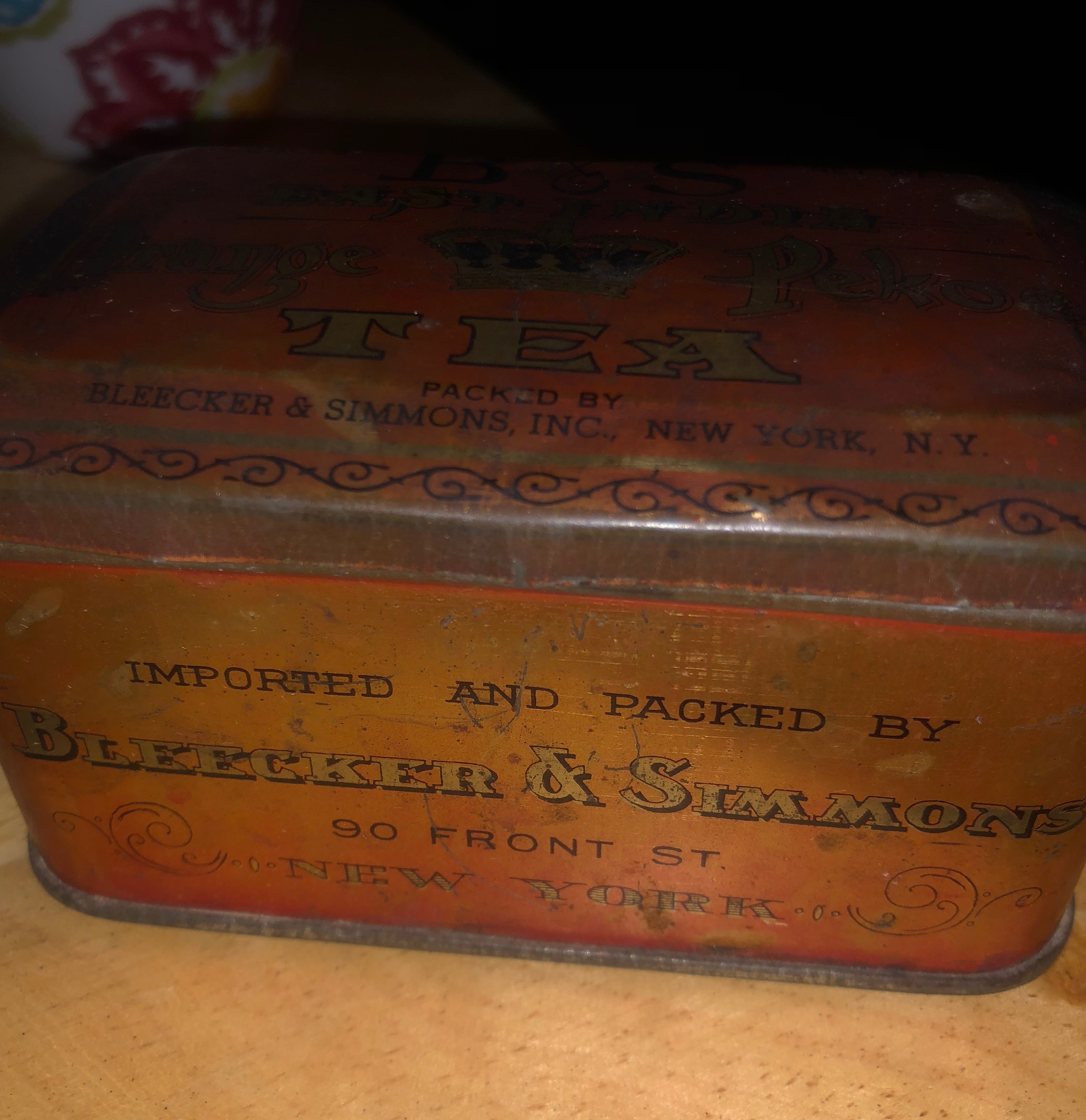
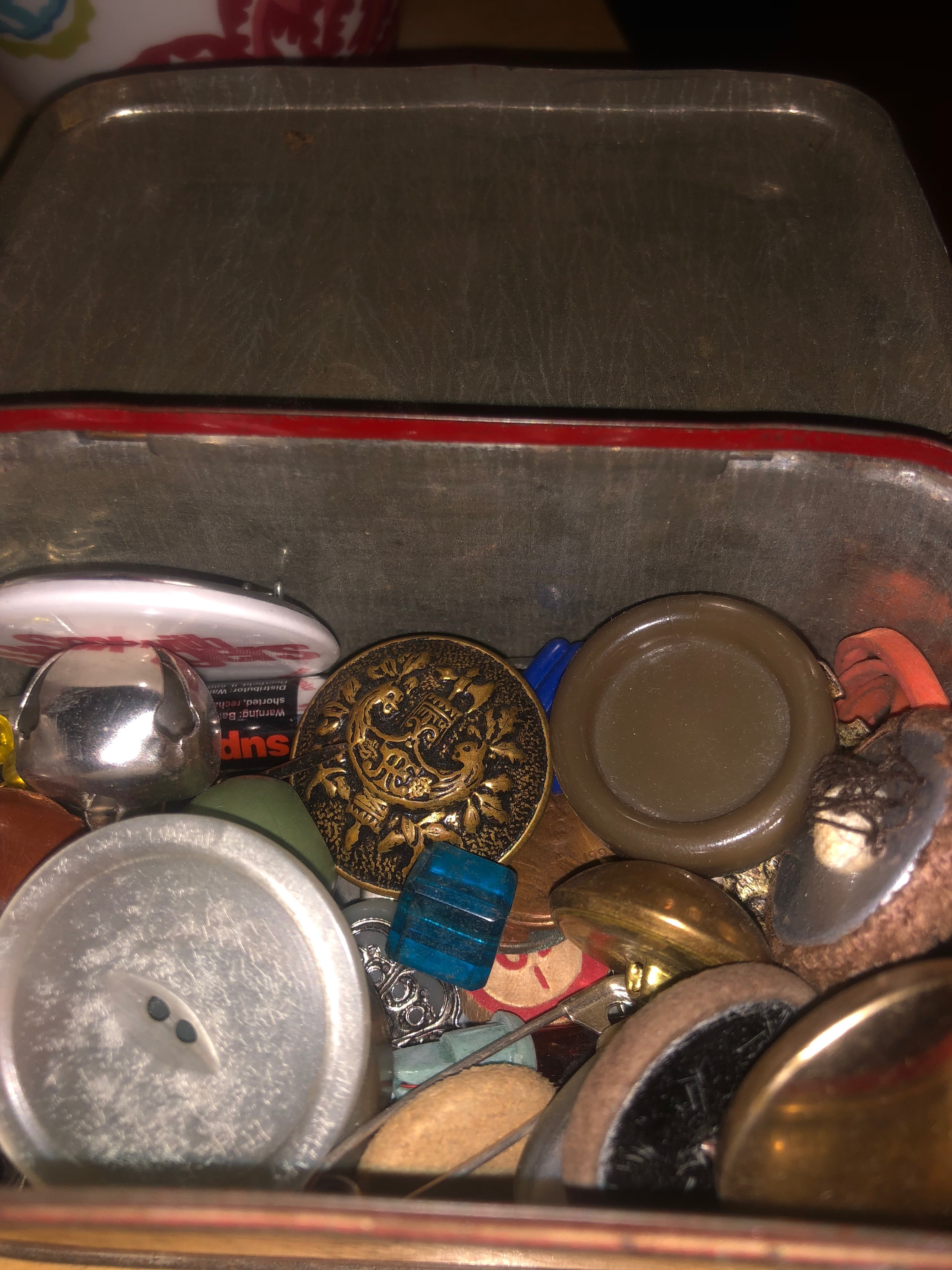 But there is one thing about my mother’s sewing habit that has always intrigued me: buttons.
But there is one thing about my mother’s sewing habit that has always intrigued me: buttons.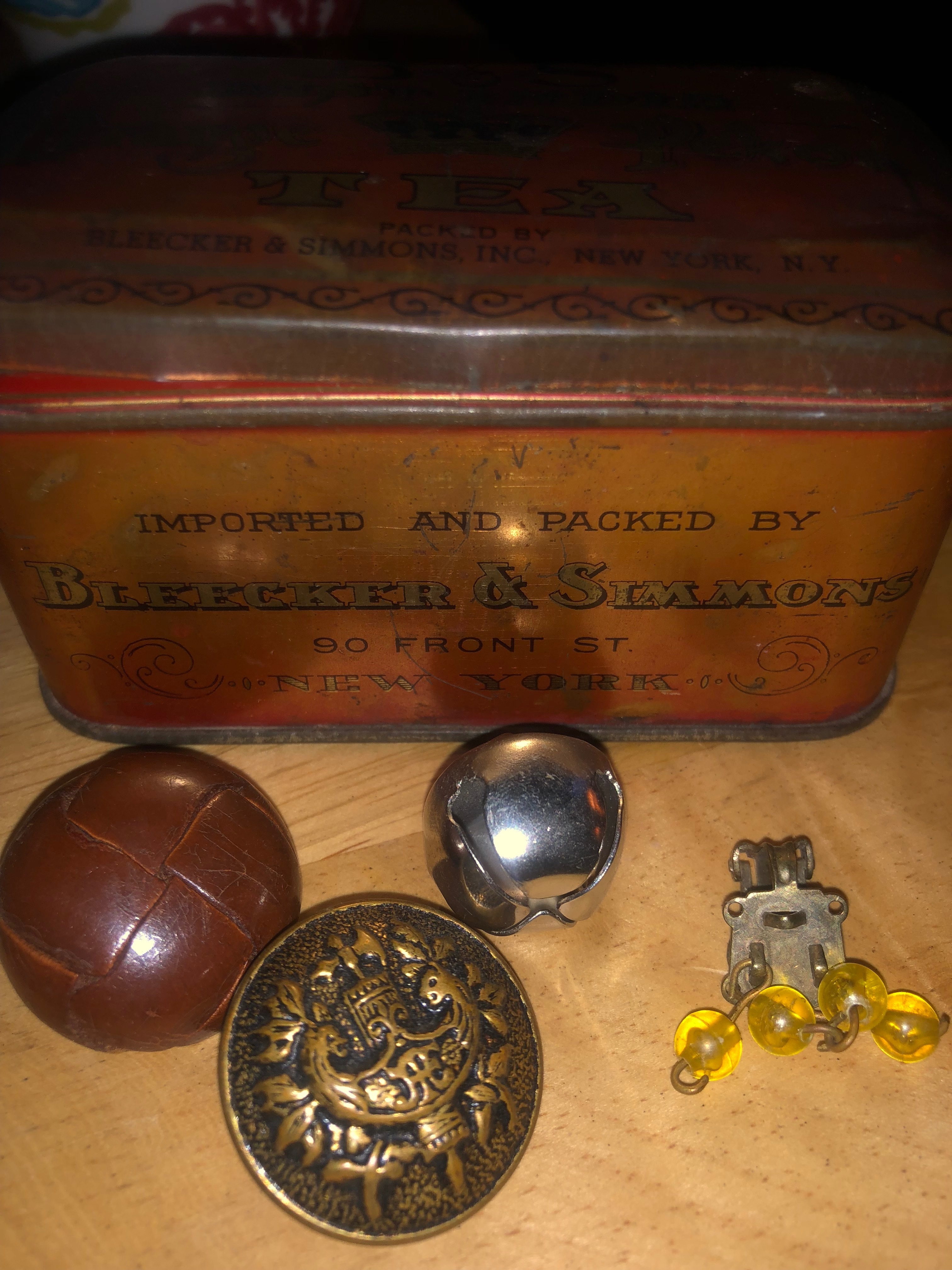

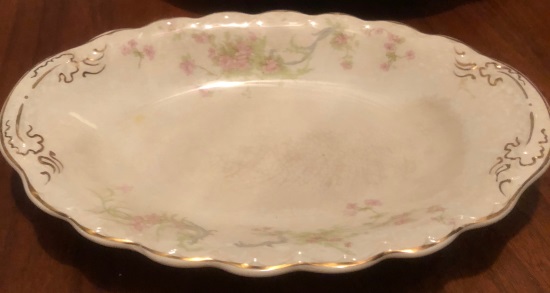

 Decades have erased the clear memories of my first time meeting him, but I think it was largely unplanned. My mother had met him some weeks before at a singles dinner, maybe through the UU church, maybe through Parents Without Partners, but that night – that night – he called asking if Mom wanted to join him to see the famous mime Marcel Marceau. He was bringing his son, and I was invited as well.
Decades have erased the clear memories of my first time meeting him, but I think it was largely unplanned. My mother had met him some weeks before at a singles dinner, maybe through the UU church, maybe through Parents Without Partners, but that night – that night – he called asking if Mom wanted to join him to see the famous mime Marcel Marceau. He was bringing his son, and I was invited as well.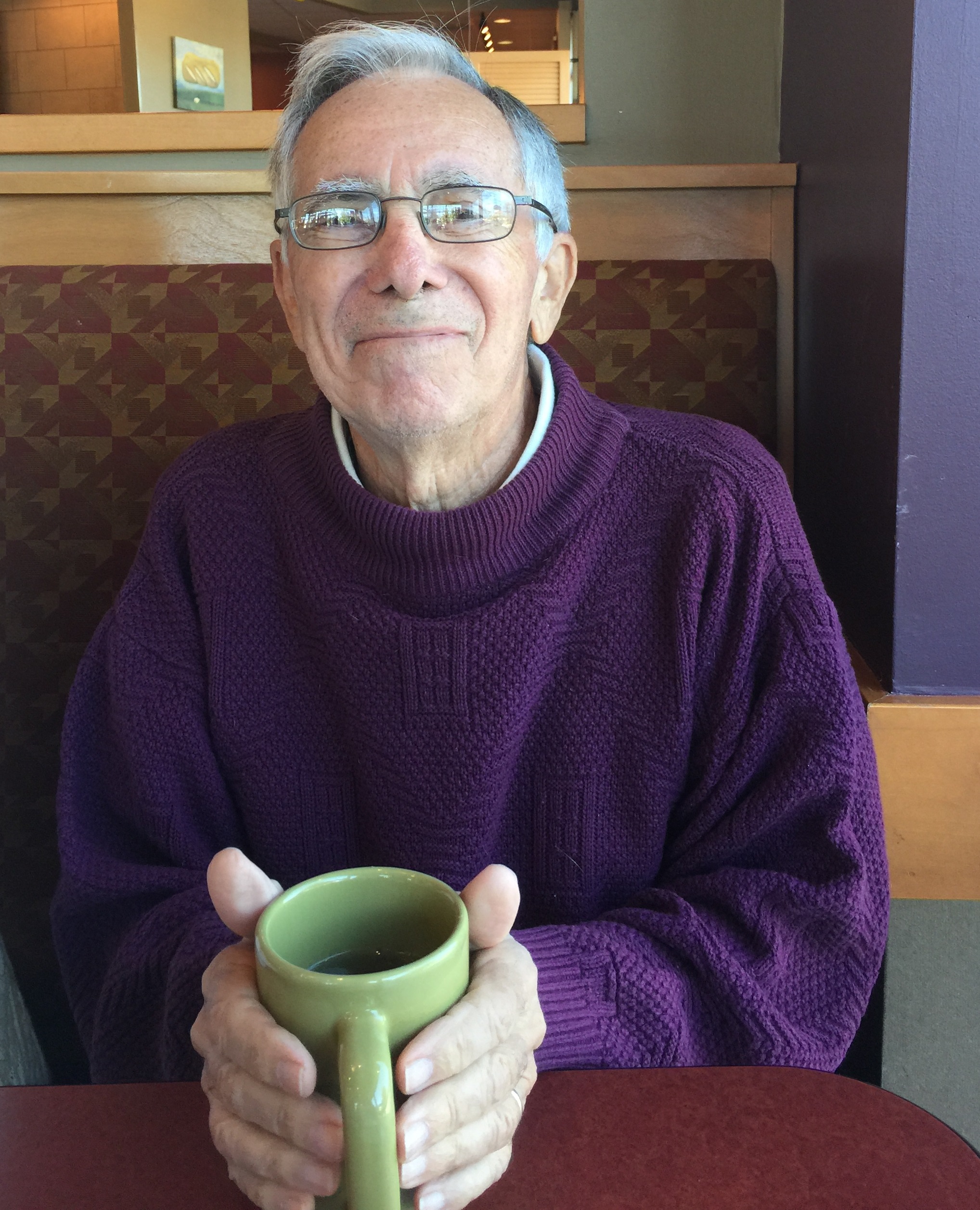
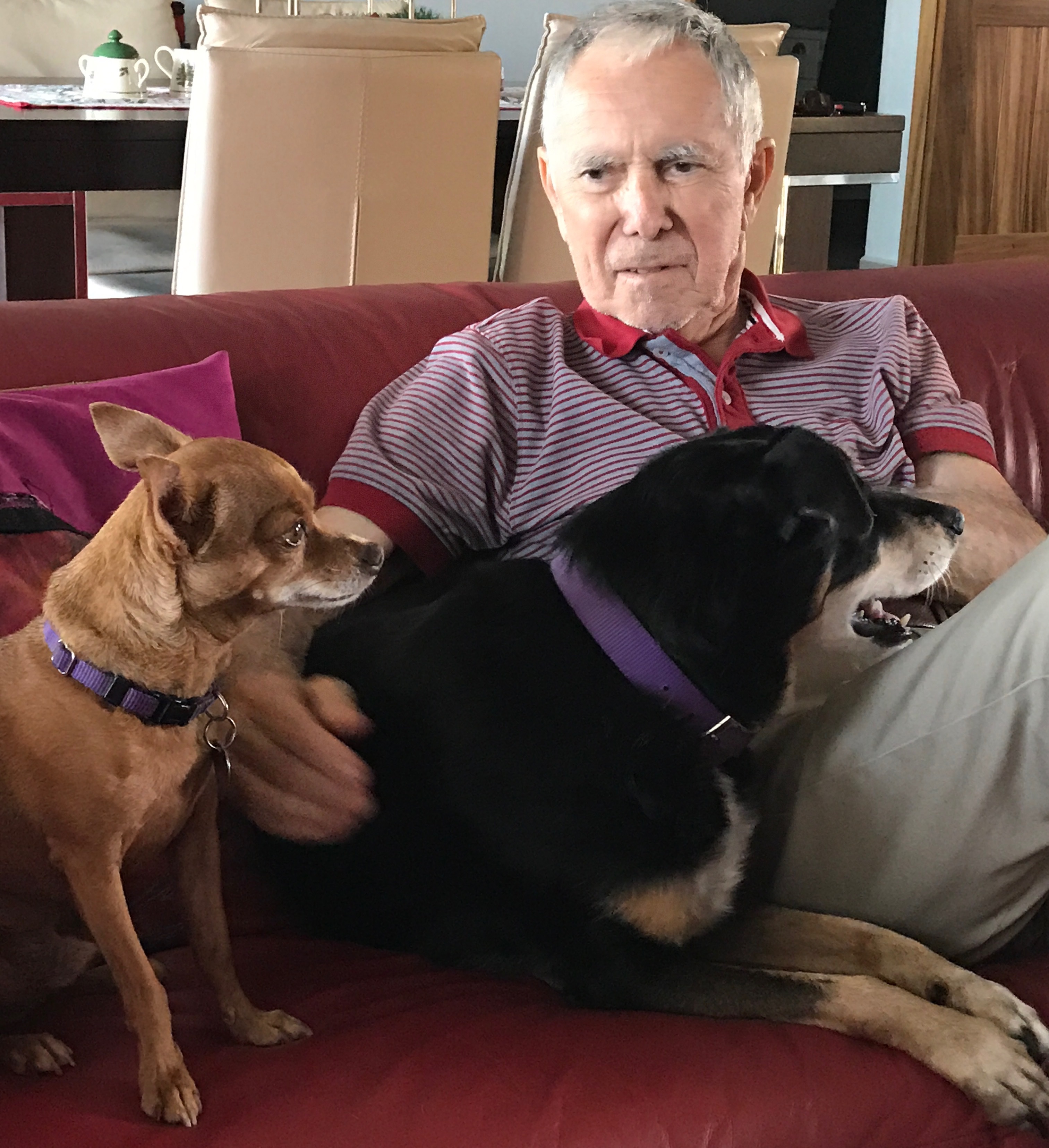
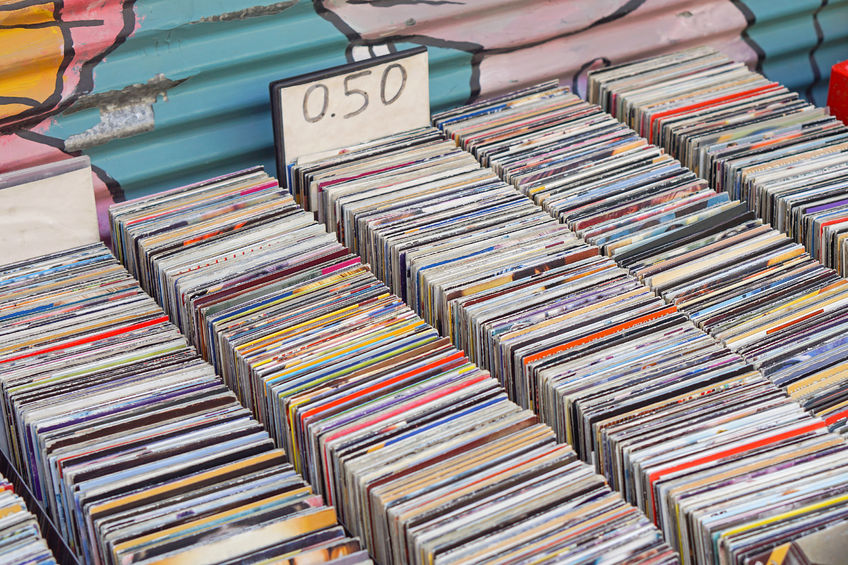
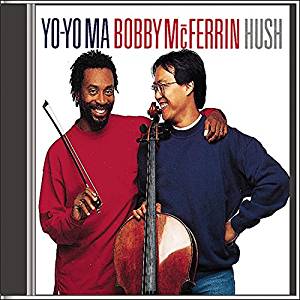
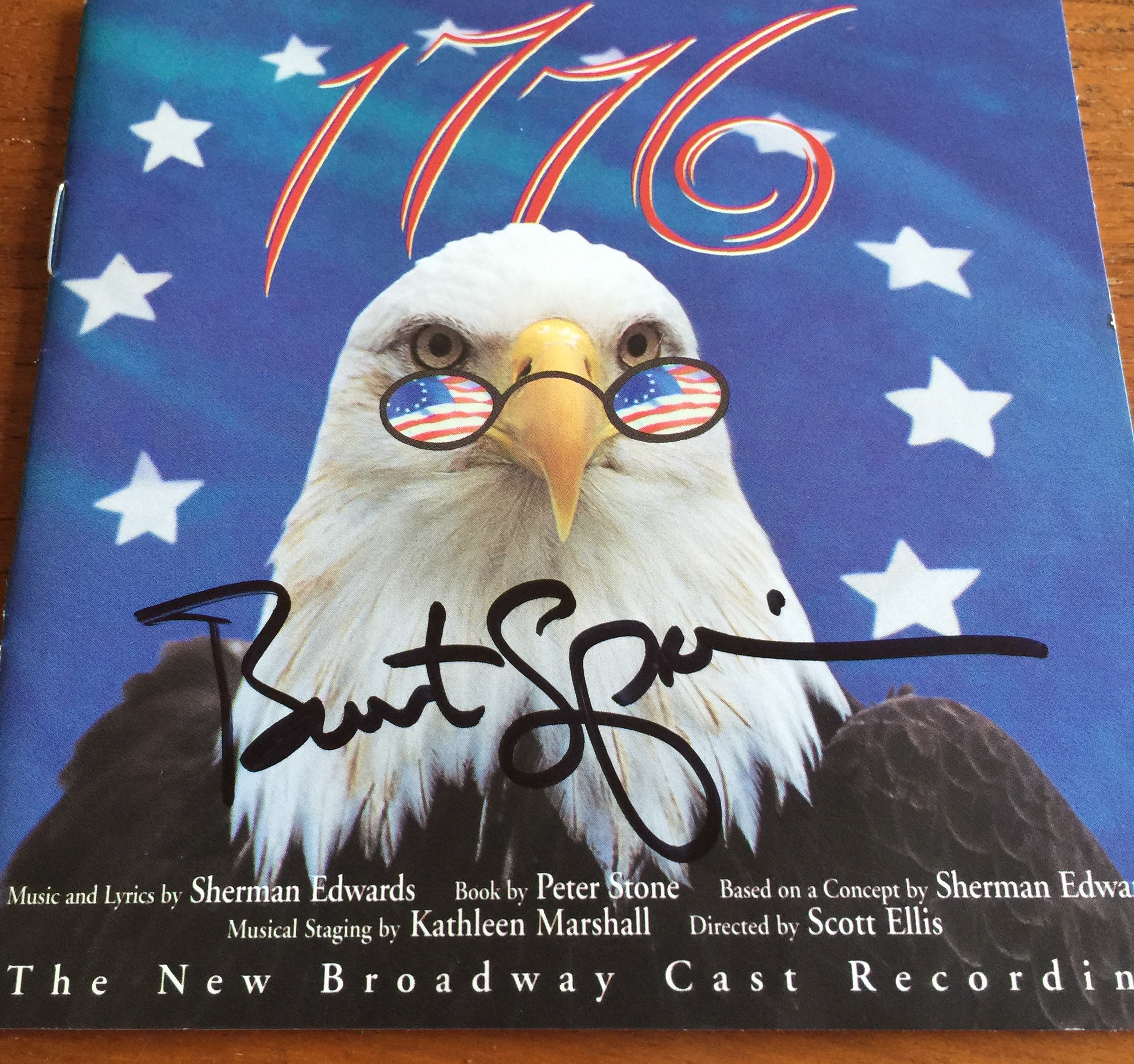 1776, for example, has long been one of my favorite musicals, so I was really excited when Brent Spiner (you know him from Star Trek: The Next Generation, Night Court, and Outcast) starred in a revival in the mid-90s. We were living in South Dakota, then, and couldn’t get to New York, but the CD kept me happy for years, and when I asked him to sign the liner notes for me at Dallas Comic-Con two years ago it led to a lovely conversation about the artwork, his time in the role, working at the Public Theatre, and how there’s a line in Hamilton: an American Musical that directly references the score of 1776. It’s the conversation that sparked our trip, a year later, to finally see Hamilton, but I didn’t buy that soundtrack on CD.
1776, for example, has long been one of my favorite musicals, so I was really excited when Brent Spiner (you know him from Star Trek: The Next Generation, Night Court, and Outcast) starred in a revival in the mid-90s. We were living in South Dakota, then, and couldn’t get to New York, but the CD kept me happy for years, and when I asked him to sign the liner notes for me at Dallas Comic-Con two years ago it led to a lovely conversation about the artwork, his time in the role, working at the Public Theatre, and how there’s a line in Hamilton: an American Musical that directly references the score of 1776. It’s the conversation that sparked our trip, a year later, to finally see Hamilton, but I didn’t buy that soundtrack on CD.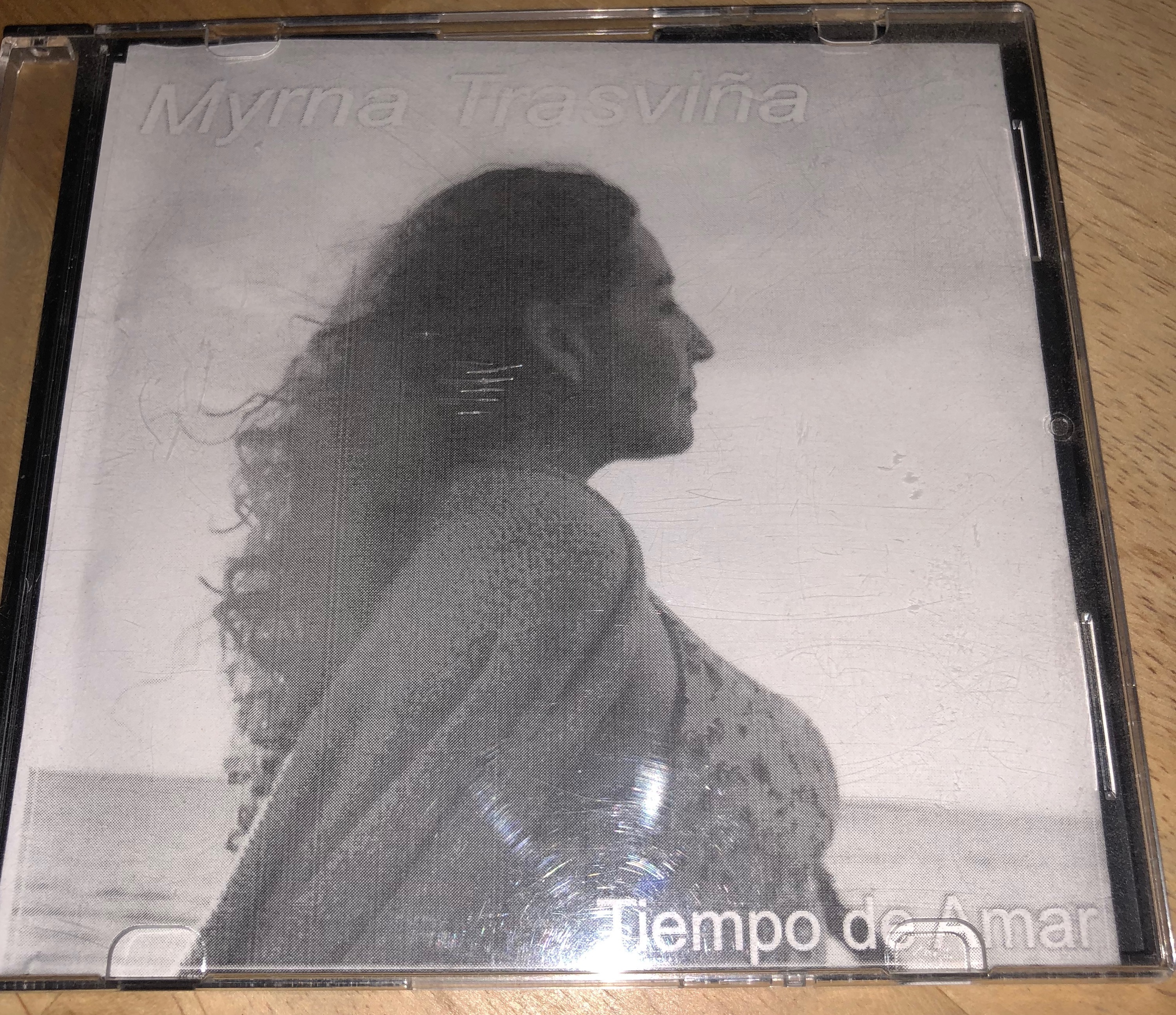 Finally, there are CDs I buy to support an artist whose work I love. Most recently (two years ago), I bought Leslie Odom, Jr.’s second solo effort, Simply Christmas. Like 1776, it’s autographed (on the actual disc, this time) because I requested it that way, but it’s become one of my favorite Christmas albums. It’s gentle and mellow, professionally produced but not slick or commercial, and his jazz interpretations of classic holiday tunes are the perfect backdrop for a seasonal brunch or a moody, rainy, drive to meet friends for an annual yuletide breakfast
Finally, there are CDs I buy to support an artist whose work I love. Most recently (two years ago), I bought Leslie Odom, Jr.’s second solo effort, Simply Christmas. Like 1776, it’s autographed (on the actual disc, this time) because I requested it that way, but it’s become one of my favorite Christmas albums. It’s gentle and mellow, professionally produced but not slick or commercial, and his jazz interpretations of classic holiday tunes are the perfect backdrop for a seasonal brunch or a moody, rainy, drive to meet friends for an annual yuletide breakfast “Rinse off,” her grandmother urges from beneath her enormous straw sunhat, the one that offsets the prominence of the equally large bosom sheathed in a practically bulletproof bathing suit.
“Rinse off,” her grandmother urges from beneath her enormous straw sunhat, the one that offsets the prominence of the equally large bosom sheathed in a practically bulletproof bathing suit.
 that are just enough too tall that he must help her.
that are just enough too tall that he must help her.


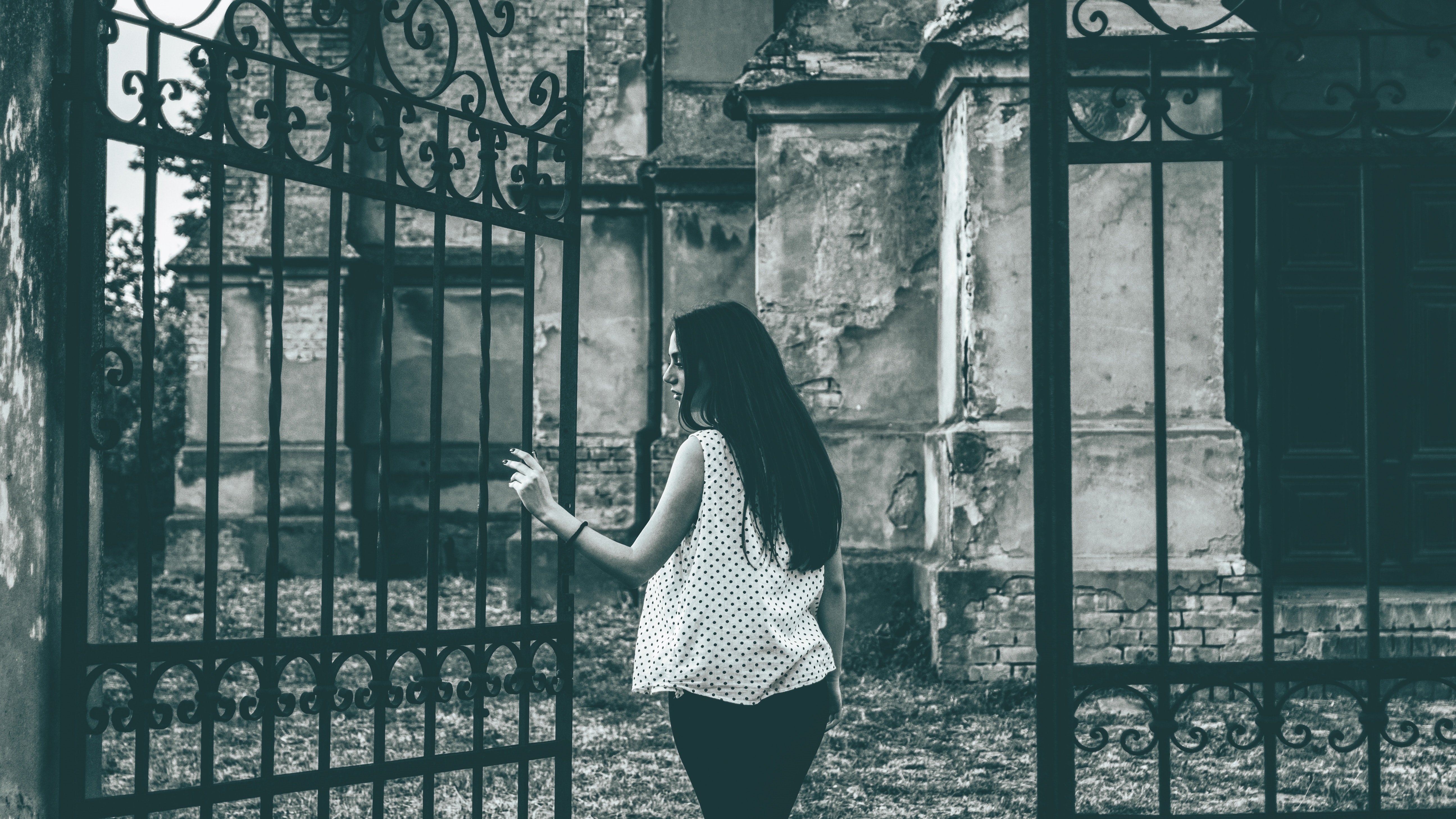
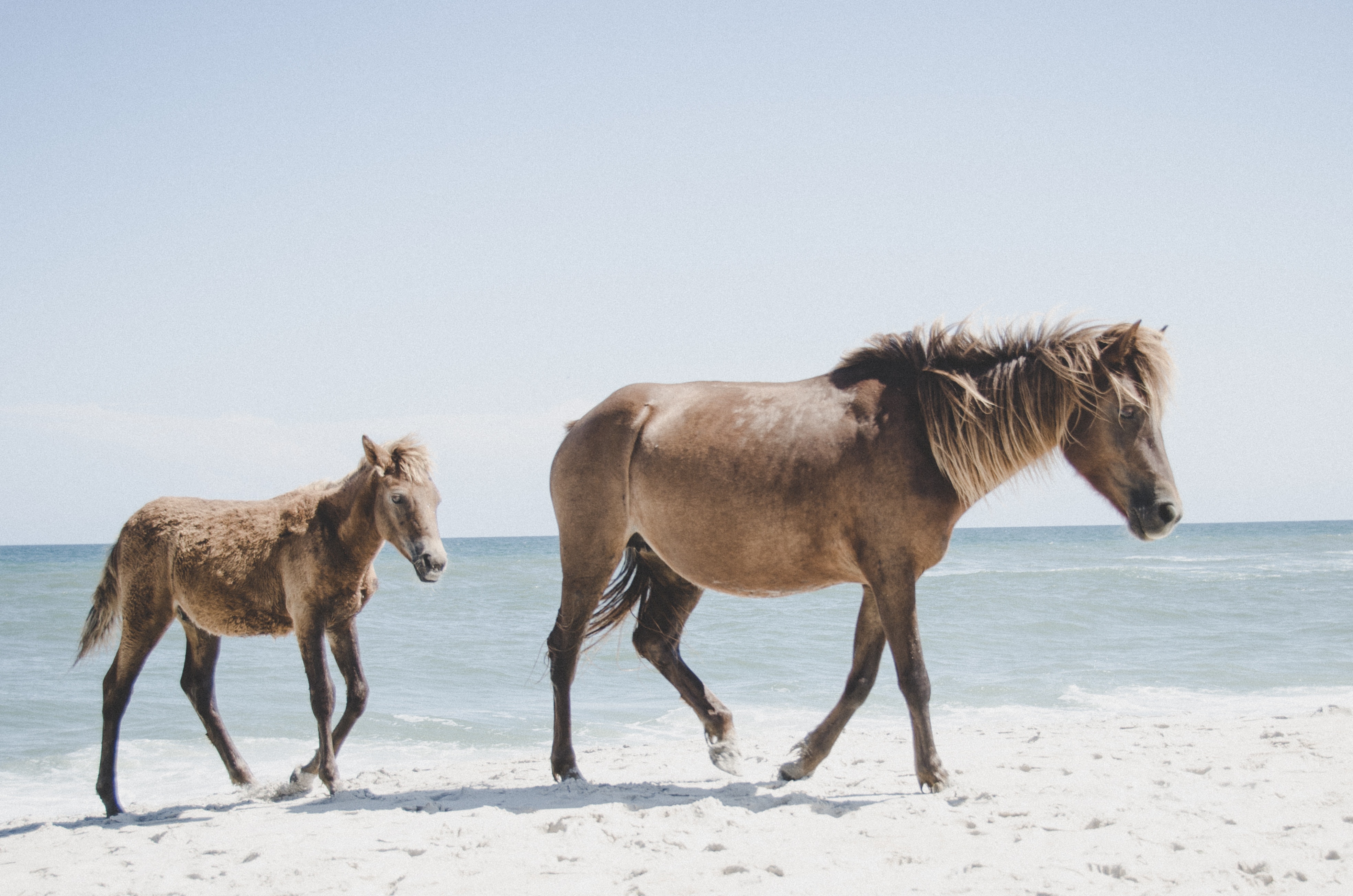

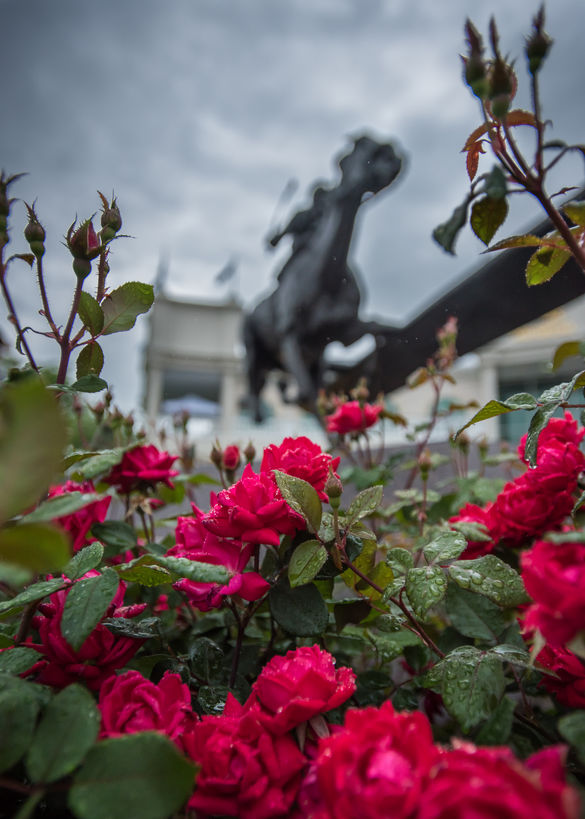 feet and huge thorns do not mix well.
feet and huge thorns do not mix well.